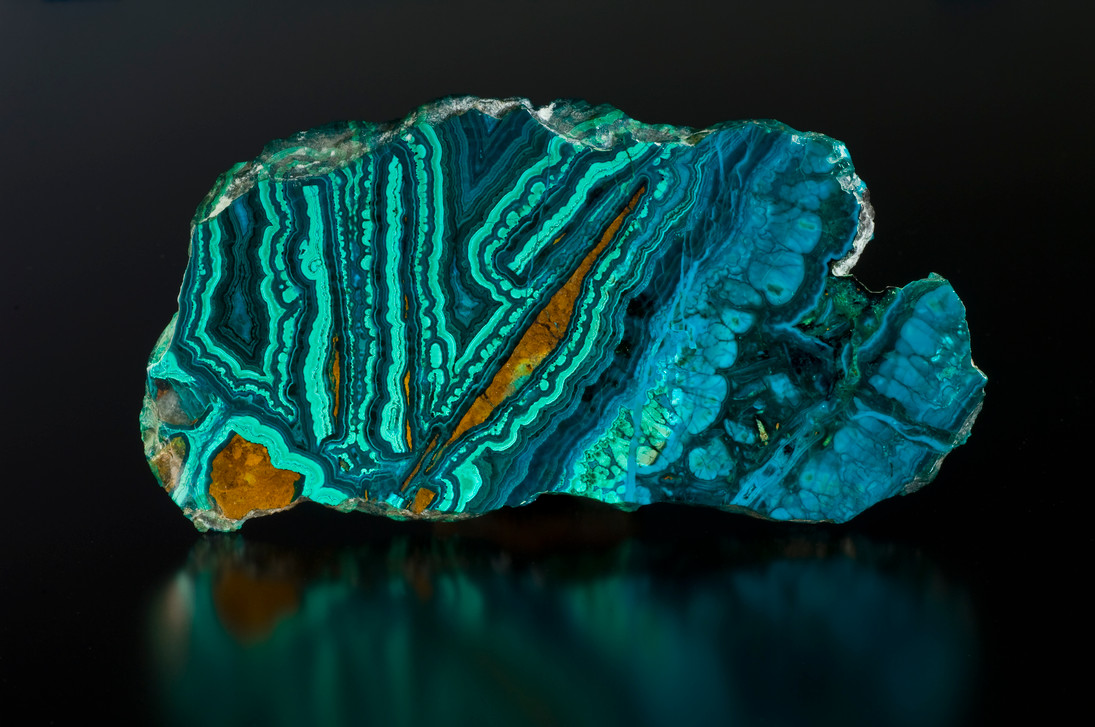An investment is an outlay of money for income or profit. A good investment must thereof provide a return of steady source of income (including interest or dividends) or a higher sale value than the original investment. An ideal tangible property investment offers a substantial appreciation of value, but higher gain usually carries a higher risk. All investments are speculative.
Since gemstones, cars, stamps, comic books, art and other “collectibles” do not usually offer any type of income, so their investment potential is based solely on their ability to appreciate in value. And of course, we all know the value of any item is only based on what somebody is willing to pay for it. What may be highly collectible or valued today, may have no value if nobody wants it tomorrow.
That said, some commodities have seemed to retain or even increase in value in all historical periods. Their association with wealth, power, desire, status, etc. has been consistent throughout history. Their value is universally accepted and acknowledged throughout the world. Some of these commodities are precious metals and gemstones.
Gemstones-both precious and semiprecious have always been seen as valuable or symbols of wealth. Though admittedly, certain gemstones are more in favor at certain times, and source availability and good marketing can make certain gemstones much more valuable at various times. But throughout time, gemstones have always had an intrinsic value and are very likely to hold that value. More recently mineral specimens have been very hot in the collectible market and prices are very high. Whether or not those values will hold, only time can tell.
Even so, one should exercise caution if they choose to buy gemstones as an investment. Obviously, it is important to know what you are buying, buy from a reputable dealer, and know the market. The key to any investment is liquidity (how easy it would be to sell the item if you need cash fast). Small gemstones and well-known gemstones such as diamonds, small rubies, emeralds, sapphires are easily sold as the demand is large. Larger stones and rarer (even more valuable) stones may be harder to sell as there may be a more limited market.
If you buy your gemstones at retail prices or already set in jewelry, remember you are paying a mark-up. If you try to sell your gemstones through a dealer, remember he is most likely going to resell it and may not give you full value, as he wants to make money too. Selling direct to the end customer will make you more money, but it may be harder to find somebody to buy specialty or high value items. Collectors do exist, but you have to find them.
So, are gemstones a good investment? The answer is yes. Precious gemstones seem to retain their value better, but semiprecious stones sometimes appreciate better. Gemstones with certification from reputable organizations (e.g., GIA, AGS) are generally more trustworthy investments. And it is very important to consider all the following: the type of gemstone, the purchase price, marketability, quality or uniqueness (unique colors or qualities can enhance desirability), the chances of the gemstone becoming more or less available (scarcity increases value), and even the state of the economy. Remember historical data shows that certain gemstones can and do appreciate significantly over time, but this is never guaranteed.
 US Dollar
US Dollar
 Australian Dollar
Australian Dollar
 Euro
Euro
 Canadian Dollar
Canadian Dollar
 British Pound Sterling
British Pound Sterling

